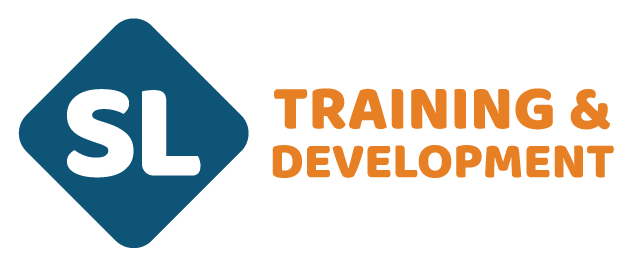The Importance of Internal Quality Assurance in Education and Training
Internal Quality Assurance of Training and Qualifications

In today’s fast-paced industries, the quality of training and qualifications is paramount. Internal Quality Assurance (IQA) plays a vital role in ensuring that learners receive high-quality education and training that meets industry standards and regulatory requirements. This article explores the importance of IQA, its key principles, and best practices for implementing an effective internal quality assurance system.
The Importance of Internal Quality Assurance
IQA ensures that training programs are consistent, reliable, and aligned with the required competencies and learning outcomes. Effective internal quality assurance:
- Maintains the credibility and integrity of qualifications and the assessment process.
- Ensures compliance with regulatory bodies and Awarding Organisations.
- Identifies areas for improvement within training programmes and the assessment process.
- Enhances the learning experience by providing a structured and supportive environment.
- Builds trust among learners, employers, and Awarding Organisations / Accreditation Bodies.

Key Principles of Internal Quality Assurance
To implement a robust IQA process, each Training Provider, College or organisation must consider to several key principles:
1. Standardisation
Ensuring that assessment methods, assessment or grading criteria, and learning outcomes are applied consistently across all learners and there is consistency amongst Trainers and Assessors.
2. Transparency
Maintaining clear and open communication with all stakeholders, including learners, Assessors, and Awarding Organisations and regulatory bodies.
3. Fairness and Objectivity
Providing unbiased and consistent assessment practices to ensure all learners are treated equitably.
4. Continuous Improvement
Using feedback mechanisms, internal reviews, standardisation and data analysis to refine training programmes and assessment methods continually.
5. Compliance and Accountability
Meeting the requirements set by Awarding Organisations, regulators, and industry standards while maintaining accurate records of assessments and outcomes.

Best Practices for Effective IQA
Implementing an effective internal quality assurance system involves several best practices:
1. Developing a Clear IQA Strategy
Organisations should outline their IQA policies, objectives, and procedures in a structured framework to guide Assessors and Trainers.
2. Training, Supporting and Developing Assessors and Trainers
Regular training and professional development for Assessors and Trainers ensure that they stay updated on best practices, assessment methodologies, and regulatory changes.
3. Regular Internal Quality Assurance Activities and Reviews
Conducting regular internal quality assurance helps identify areas for improvement and ensures compliance with standards and working practices.
4. Gathering and Acting on Feedback
Learners, Assessors / Trainers, and employers should be encouraged to provide feedback on the training and assessment process, which can be used to enhance the effectiveness of the training and assessment processes.
5. Standardisation Meetings
Holding regular standardisation meetings with Assessors and Trainers ensures that assessment decisions are consistent and align with organisational, qualification criteria and industry standards.
6. Use of Technology
Utilising digital tools for tracking assessments, maintaining records, and monitoring learner progress can enhance the efficiency and accuracy of the IQA process.
Conclusion
Internal Quality Assurance is a fundamental component of delivering high-quality qualifications and training. By implementing a structured and effective IQA system, Training Providers and Employers can ensure compliance, enhance learning outcomes, and maintain the credibility of their qualifications / assessment processes.
A commitment to continuous improvement, standardisation, and transparency is essential for fostering a culture of quality and excellence in training and education.
Internal Quality Assurance Qualifications
If you would like to learn more about internal quality assurance or need an IQA qualification as part of your job role we offer the full suite of IQA qualifications:
Award in Understanding the Internal Quality Assurance of Assessment Processes and Practice (knowledge award)
Award in the Internal Quality Assurance of Assessment Processes and Practice (full IQA qualification)
Certificate in Leading the Internal Quality Assurance of Assessment Processes and Practice (Lead IQA)
So if you want to know more about internal quality assurance, fully qualify as an IQA or gain your Lead IQA qualification get in touch with us or visit our IQA qualifications page.













